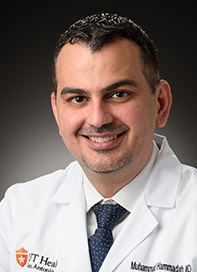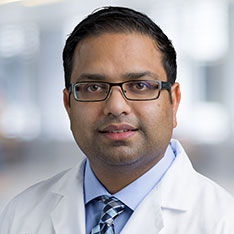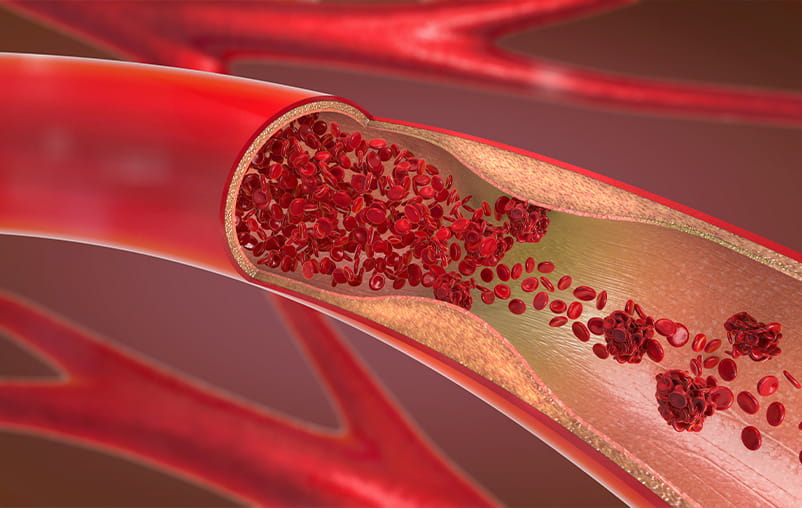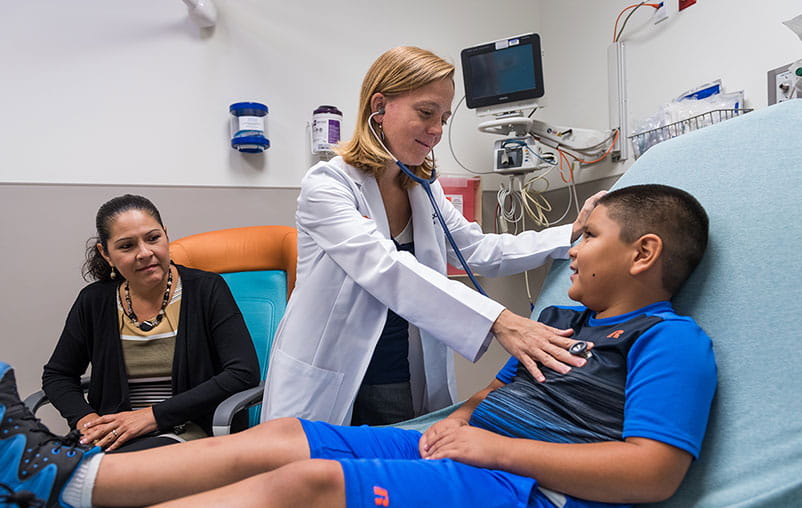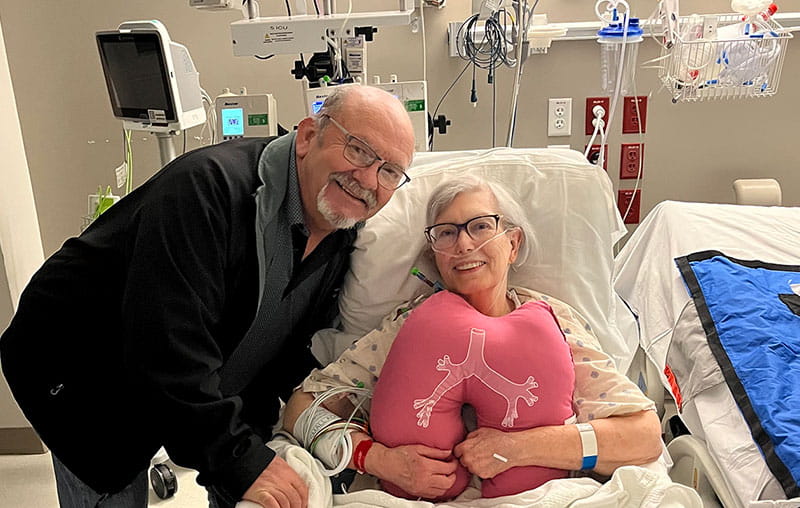At 63 years old, Angelica Lopez had her share of heart treatments. She’d already had a heart attack, undergone open heart surgery, and had several heart stents. Despite that, she still loved staying active and working out.
One day while lifting weights, Angelica thought she had gotten injured because she felt unusual back pain. When a week had passed and the pain hadn’t gone away, she went to the emergency room, where she learned she’d actually had a heart attack.
The doctors said her right coronary artery that provides blood supply to the right side of the heart is completely occluded (100%) with minimal blood supply reaching. Angelica met with a cardiologist who told her there was nothing else they could do to help her.
Complex Coronary Intervention
Undeterred, she sought a second opinion from Dr. Marlene Garcia, a cardiologist at University Health. Angelica didn’t want more heart stents, so Garcia connected her with the complex coronary intervention team at University Health.
Angelica met with Dr. Muhammad Hammadah, the director of complex coronary interventions, and Dr. Anand Prasad, the director of the catheterization lab.
Heart Surgery at University Hospital
Their solution was to fix the blocked vessel she was born with that feeds the right side of the heart.
They would insert two catheters (thin, hollow tubes) through the blocked bypass graft. This would give them access to the blockage. Then they could break up the calcium blockage and place fresh stents.
Angelica agreed that this would be the best solution. She had the surgery and spent one night at University Hospital recovering.
Recovery From Heart Surgery & A New Outlook

Now, Angelica stays active by running two miles every other day and riding her bike. She has a few pieces of advice for others.
Be proactive with your health
“Please take care of your health,” Angelica said. “I saw my doctors regularly, ate a balanced diet, stayed active and still had a heart attack. I thought that would never happen because I was doing the right things.”
Find a primary care provider
She recommends having a primary care provider and asking questions. “If you have any doubts or are curious about something, ask,” Angelica said. “They are there to help you. Ask even silly things like tingling on your feet because that could mean something.”
Learn your family history
She also recommends learning about your family’s medical history. Her father had his first of several heart attacks at 45 years old. Knowing this, Angelica and her son take precautions to maintain their heart health.
Get a second opinion
She recommends patients seek a second opinion. It never hurts to see if there are more treatment options.
Heart Care at University Health
Learn more about the nationally recognized heart care at University Health in San Antonio.


